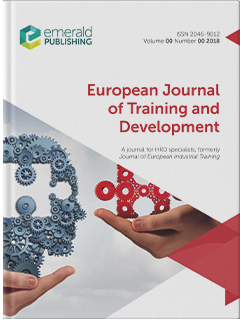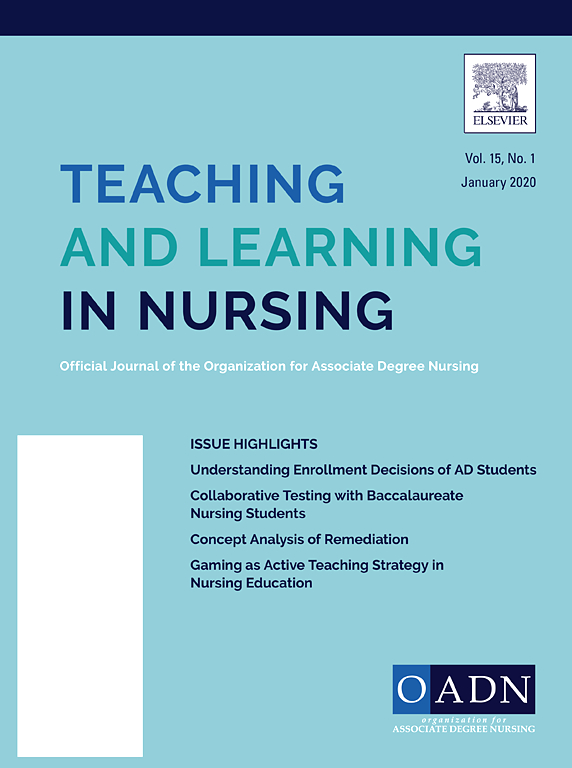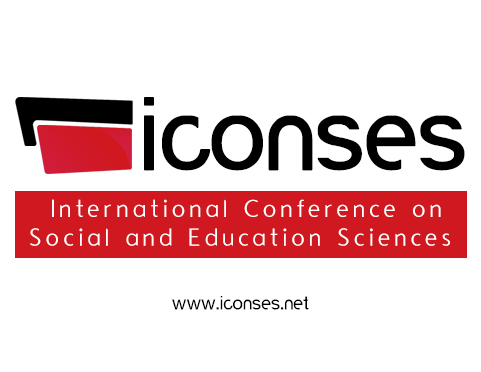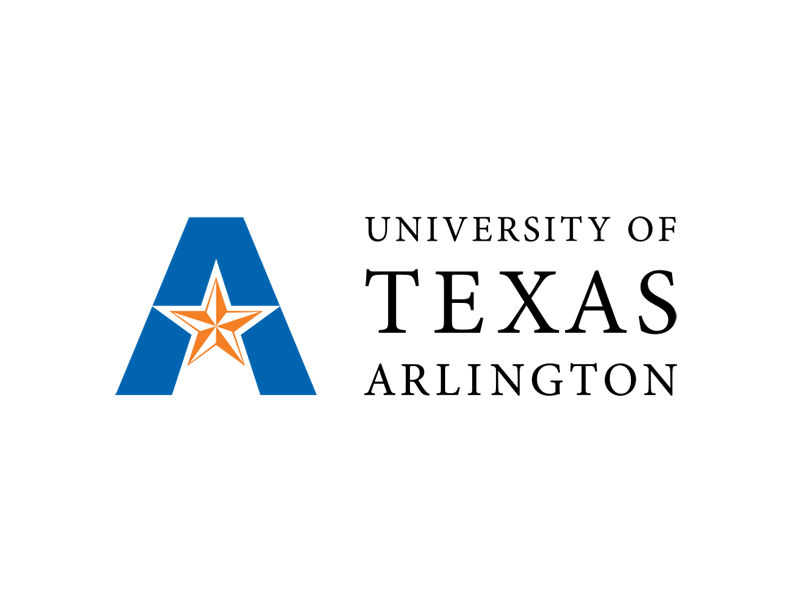According to the AACN (American Association of Colleges of Nursing), nursing is among the occupations experiencing the most job growth in the U.S, yet it is still predicted that there will be a shortage of registered nurses.
One of the ways this can be addressed is through online academic coaching specific to nursing programs!
Benefits of Online Academic Coaching for Nursing Students
An online academic coach understands the needs of colleges or universities and their students. They are highly qualified and experienced professionals. In addition, they have experience with online learning and know-how to enhance student success in distance learning and online programs.
Differences Between Academic Coaches and Mentors
Currently, one of the ways a nurse can gain experience and knowledge is through mentorship. A mentorship is when a more experienced nurse mentors another and acts as a teacher or supervisor to help the less experienced nurse achieve their goals.
Coaching seems similar, however, our online academic coaching model takes a more facilitative approach and promotes autonomy within students while they are in online courses for their degree.
A study was done on a coaching training course that was delivered to 148 healthcare professionals. Evaluations from the attendees suggested that coaching would create more learning opportunities and prompt students to become independent learners – two things that are greatly needed for online education and distance learning.
The Nursing Shortage
It is projected that there will be more registered nurse jobs available than any other job in the U.S. by 2022. Despite the rapidly growing number of registered nurses, there is a nursing shortage due to the aging population, the chronic conditions that come with age, and high turnover rates.
Causes
Advancements in medical science and quality of life have helped Americans live longer. However, this does not mean that they are healthier during old age. The baby boomer generation is entering old age, meaning they will need more health services as they age. And older persons are typically diagnosed with more than one comorbidity.
The workforce is also aging, and a third could be at retirement age in the next decade or so. This includes nurse faculty, meaning fewer nurses will train new ones, leading to enrollment limitations and fewer nurses generated by schools.
The difficulty of the profession also contributes to turnovers. Nurses work in an inherently stressful environment compounded by the threat of physical and emotional hurdles.
The Effect on Patient Care
An inadequate number of nurses will have a negative impact on patient care. It will lead to more uneven patient-to-nurse ratios, more fatigue and stress for nurses, higher chances of medication errors, lower patient care quality, and higher patient mortality rates.
How Online Academic Coaches Can Help
One study looks into how the shortage of nursing faculty and the increase of students is being addressed by using academic coaches in online programs.
Online academic coaches would be able to help nursing schools by providing the needed manpower for assisting students. They work to be assets for both the faculty and the students by managing discussion threads, assisting with grading, and various other tasks. This frees up nurse faculty to focus on engagement and teaching.











